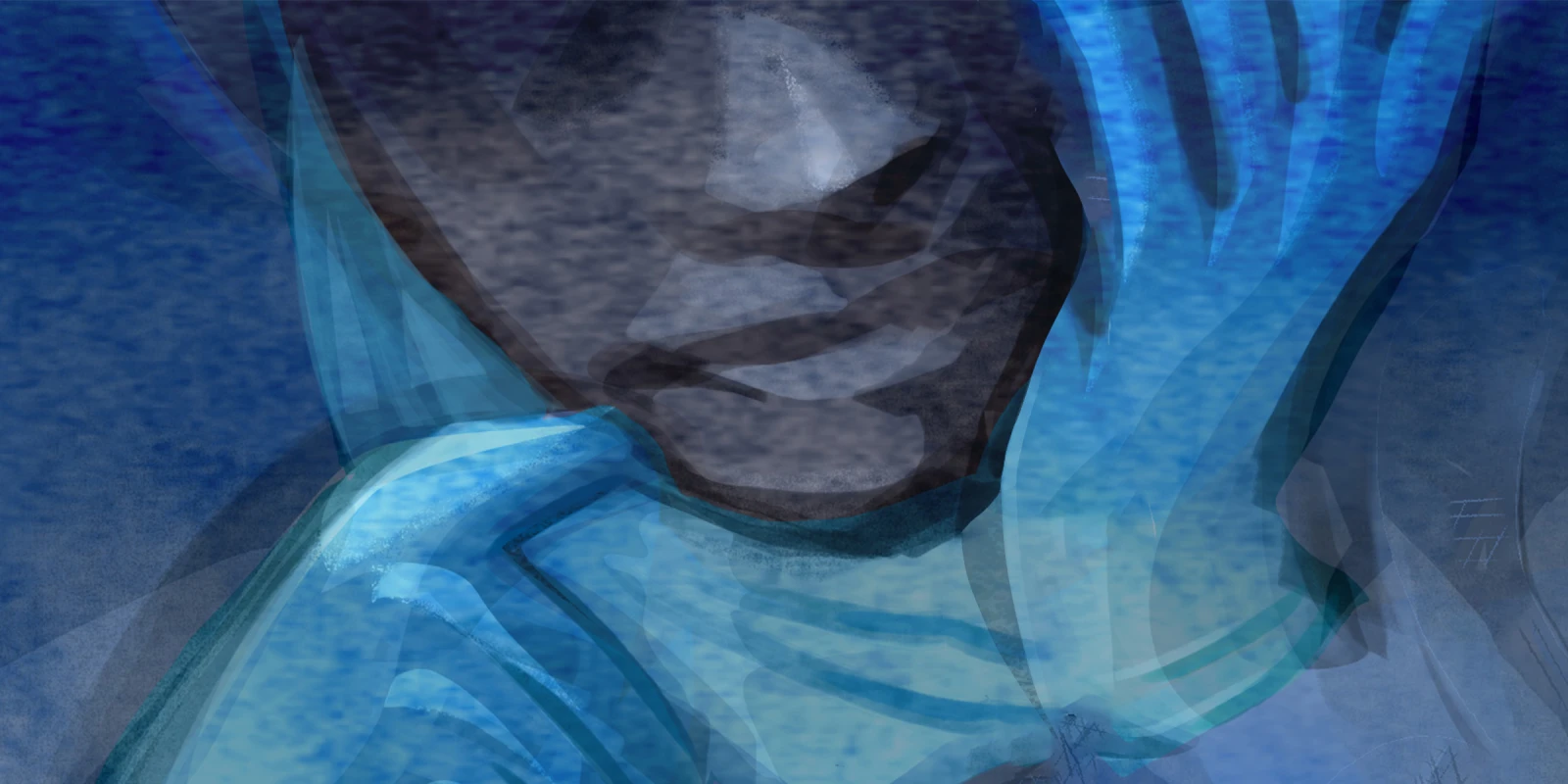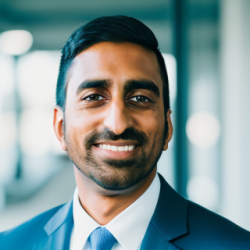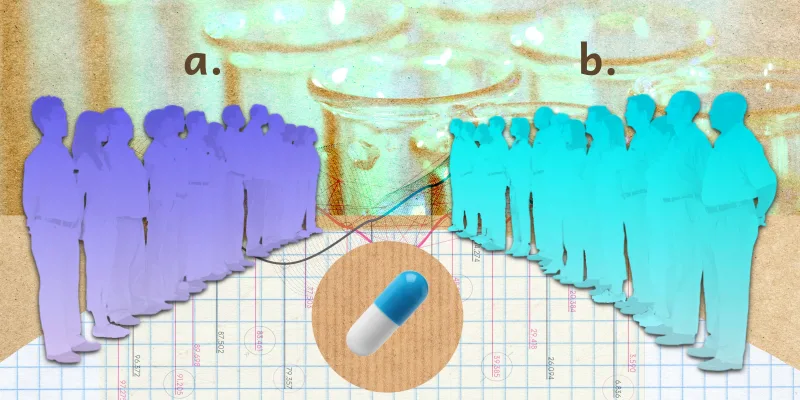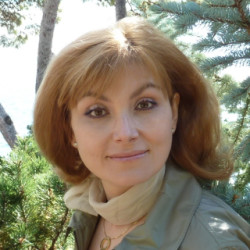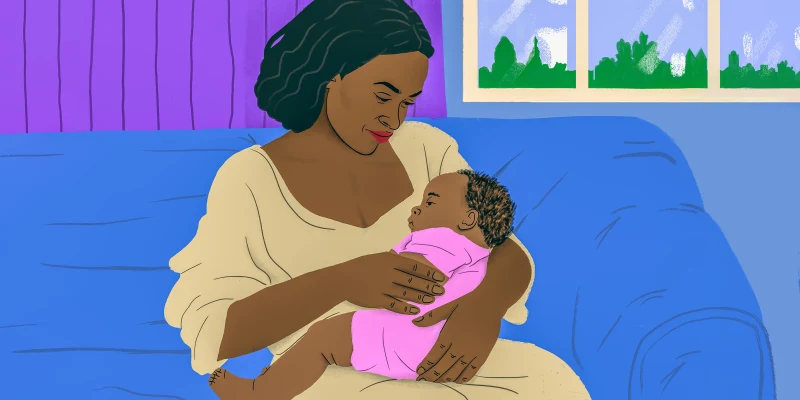I’m 32 years old, practicing as a medical oncologist in rural Kentucky, with a clinical focus in breast and genitourinary cancers. I’m also a husband of five years and a dad to two young boys.
Like many in this field, I find myself in a constant balancing act between professional duty and personal life. At this stage of my career, the answer to most things is still “yes.” Yes, to last-minute consults. Yes, to early morning tumor boards. Yes, to after-hours committee calls and community fundraisers. Yes — because these are the dues we pay, the expectations we internalize early on. But each “yes” comes with an unseen cost: a quiet negotiation with the other parts of who I am — a father, husband, son, and friend.
Over the years, I’ve had many mentors — some remarkable, others cautionary. I’ve watched them navigate institutional politics, burnout, divorce, and even step away from medicine altogether. The common thread? Many excelled in one or two domains — clinical care, research, teaching, institutional leadership — but few could sustain all these domains while preserving a grounded, fulfilling personal life. The unspoken truth in oncology is that excellence often demands sacrifice: of your time, your energy, your relationships — and sometimes, of yourself.
What we don’t often talk about when we choose this field is what it takes to live inside those sacrifices. We talk about impact. About survival curves and translational breakthroughs. But we rarely acknowledge what it feels like to sit with a patient at the darkest moment of their life — and then come home and read “The Very Hungry Caterpillar” while trying to leave that darkness at the door.
One patient recently brought this into sharp focus for me. She was one of my very first patients — diagnosed with stage II triple-negative breast cancer. She had a complete pathologic response to chemoimmunotherapy and did beautifully through surgery, radiation, and adjuvant treatment. She was my success story. She helped shape my confidence in those first few months of independent practice.
One year after treatment, she presented with sudden weakness and difficulty walking. An MRI revealed widespread brain metastases and leptomeningeal disease. The news came by phone, from my nurse, just after I wrapped up clinic. I remember the feeling vividly — my stomach turned, and I felt the kind of nausea that only comes with sudden grief.
It was 6:30 p.m. on my wife’s birthday. I had a choice: go home for the dinner we planned, or drive to the hospital to sit with my patient and her family and deliver this news in person.
My wife, with the grace she always shows, told me to go. I proceeded to see my patient and her entire family in her hospital room. I wept with them as I delivered the news. Through it all, she kept calling me her hero — for giving her time, for being present, for fighting for her.
It’s in these relationships — and in the knots that form in my stomach when things take a turn — that I find the deepest motivation to keep going. To learn more, to do better, to push the field forward for her and for others like her. That’s what drives me to travel — to conferences, to meet colleagues and mentors, to deepen my understanding of this ever-evolving field. But that pursuit comes with a cost: time away from my family, missed milestones, the quiet ache of absence. These are deliberate choices — and profound privileges — made possible only through the unwavering support and love of my family.
This work demands so much of us: not just our time and intellect, but our hearts and presence. Oncology is a career of deep commitment — and quiet, unspoken understanding. Still, this career has also changed me in unexpected ways. Oncology forces you to confront mortality daily. But in doing so, it sharpens your awareness of life’s smallest joys: a child’s laughter, spring flowers blooming, an unhurried dinner with family. When I’m with my sons, I’m truly with them. That perspective, hard-won through this work, is a gift I never expected.
To those just entering the field, I offer this: define your boundaries early. Say yes to growth, but not at the expense of everything else that matters. This isn’t only about burnout. It’s about honoring the sacred trust our patients place in us — and the quieter, often invisible trust our families extend to us every day. In oncology, we carry so much. We hold space for others’ grief, pain, and hope. But we also carry our own — quietly, constantly. And that, too, is part of the calling.
How do you carry the weight of oncology? Share in the comments.
Matthew Kurian, MD, is a community-based medical oncologist specializing in breast and genitourinary cancers, dedicated to bridging cutting-edge research with compassionate, accessible care. He leads precision oncology initiatives and collaborates across disciplines to advance cancer treatment in real-world settings. Follow him on X (formerly Twitter) @MatthewKurianMD and LinkedIn at linkedin.com/in/matthewkurianmd.
Illustration by April Brust
